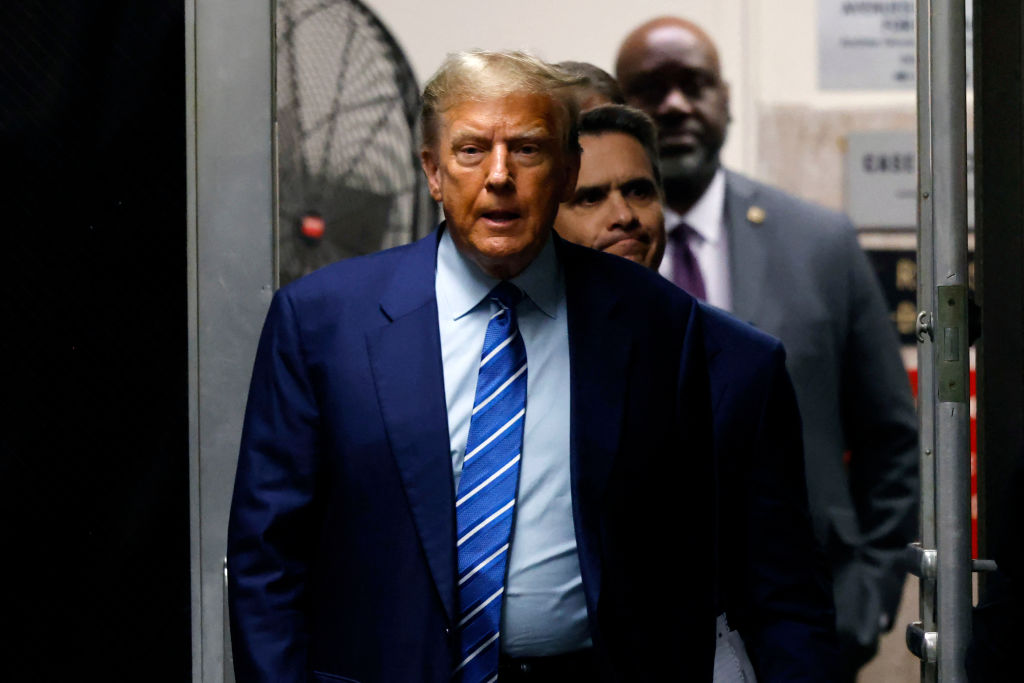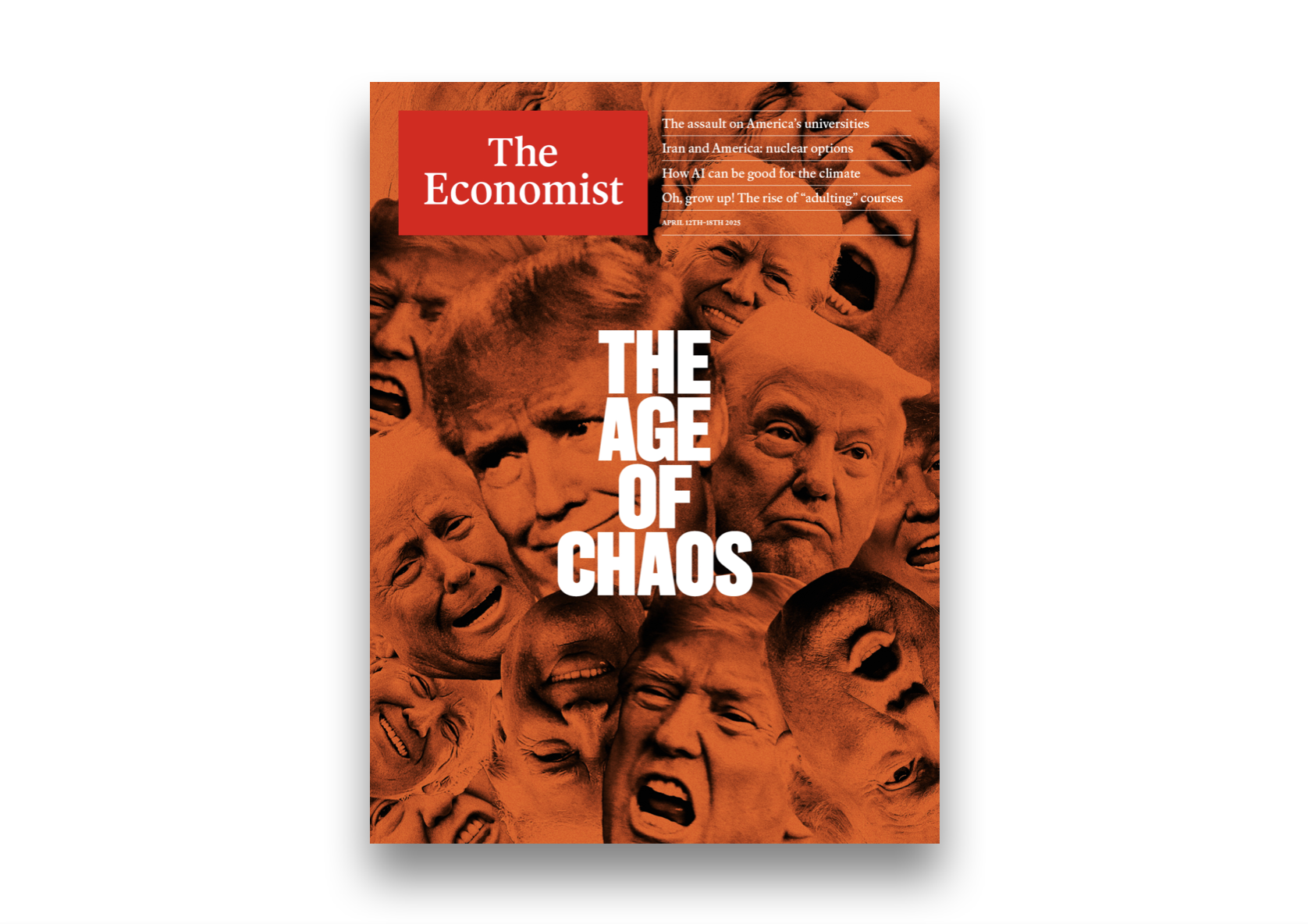Among the many great lines in T. S. Eliot’s Four Quartets, is this mournful observation from “The Dry Salvages,” the third of the bunch: “We had the experience but missed the meaning.” How much happens to us that we only half register or undergo without really twigging its significance? One example that is both pedestrian and historical: the criminal trial in Manhattan of Donald Trump. As I write, Trump is leading slightly in the polls, which means he is not only at the head of the chief opposition party, but also that he represents an existential threat to the future of the regime that is persecuting — er, prosecuting him.
The trial, brought by Soros-funded district attorney Alvin Bragg is often described as being about “hush money,” i.e., the $130,000 Trump paid to Stephanie Clifford, better known as “Stormy Daniels,” even better known as “porn star Stormy Daniels,” though there seems to be little that is astral about the professional litigant. In fact, though, since there is nothing illegal about paying someone for a non-disclosure agreement, that is not an accurate description of the case.
Ostensibly, the case is about Trump’s falsifying business records, since the payment was delivered through Trump’s (former) lawyer and Mr. Fix-It Michael Cohen, who was reimbursed via a series of thirty-four payments. One wit described the reimbursements as Trump “lying to your own checkbook,” which is also not a crime.
But never doubt the ingenuity of bureaucrats armed with the tools of a weaponized department of justice. The Wall Street Journal had an excellent summary of the bizarre hermeneutical gymnastics that went into turning a possible minor misdemeanor into a thirty-four-count felony charge.
The spectacle is quite an experience, though I am not sure its meaning is broadly grasped as yet.
Nor is the meaning of the spectacle of Judge Juan Merchan, a vocal Biden supporter (and donor) and equally vocal Trump detractor really clear yet. He has threatened Trump with jail if he fails to be present for his trial and has even suggested that he will not allow Trump to attend the high school graduation of his son Barron or a hearing before the Supreme Court over the question of presidential immunity.
Since the trial is in New York, Judge Merchan will have a reliably anti-Trump jury pool to draw upon, and the circus of the trial is sure to feature lots of histrionics.
It will be quite an experience, just as it was quite an experience to learn that clients of Judge Merchan’s daughter Loren, a Democratic political consultant, has raised some $93 million in campaign donations off the case so far.
Everyone, no matter his political coloration, agrees this criminal trial of Donald Trump is “a watershed moment.” At the moment, though, we are all in the masticating phase of the experience. It’s all “can-you-believe-it?” celebration or outrage, depending. Only later, when we move on to the anterior phases of digestion, will the meaning of this spectacle become clear. Eventually, and soon, it will be born in upon us that (to allude to Eliot again) this is the way the republic ends, not with a bang but a perversion of the law.
Admiral Yamamoto is said to have opined that America could never be successfully invaded because “behind every blade of grass” there was a gun. A well-armed populace is indeed a bulwark against state tyranny. But Yamamoto neglected to consider the possibility that a weaponized one-party state could cow and intimidate the populace to such an extent that its tyranny became a matter of a carefully choreographed takeover of all the institutions of cultural legitimation. That would seem to be the real meaning of the experience we are even now undergoing.


























Leave a Reply